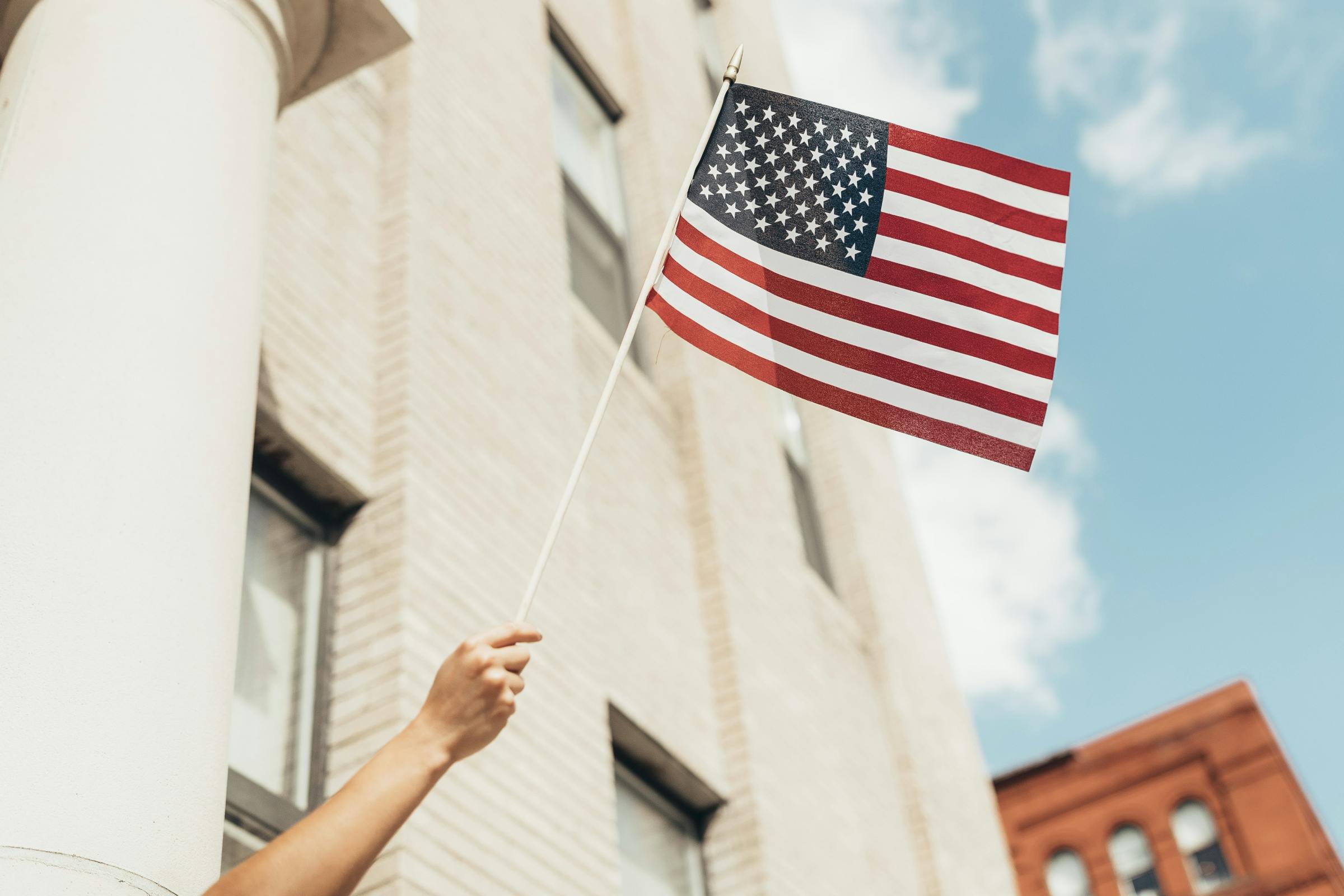After reviewing NIW applicants that went on to have their NIW petition approved, one way applicants can strengthen their overall case for a waiver is through a proof of patent. The North American Immigration Law Group noted that one NIW grantee who had a patent was able to get their application adjudicated in only 8 weeks.[1] This is a record time. Normally, the process for a NIW applications takes at least several months so it is worth visiting why patents can be so valuable.
Patents are of course are not easy to come by and many NIW applicants will not have one when they end up submitting to the USCIS. However, if you do have a patent, it will absolutely strengthen your NIW application. This blog will be dedicated to better understanding what patents are and how they are valuable for those pursuing a National Interest Waiver.
What is a Patent?
A patent is a type of intellectual property that gives its owner the legal right to exclude others from making, using, or selling an invention for a limited period of years.[2] They also require maintenance (fees) after a number of years. Patents are usually issued by a government authority, meaning that if you have a patent and want to show someone your IP, you need to back it up with government documentation and a seal/signature of approval.
Some examples of patents include those for life saving medical devices or medical equipment, products that make transportation easier, computer applications, as well as other financial technologies.
Patents and Supporting Evidence
If you have patent, lets say for a medical device, it is not enough to explain your invention in your statement of purpose or cover letter. You will need to provide supporting evidence of your patent. This is usually done through supplying the Notice of Allowance. A Notice of Allowance is a document sent to a patent applicant from the United States Patent and Trademark Office (USPTO) after a patent examiner has decided to issue the requested patent. This information includes the patent's description, design, drawings, or blueprints.[3]
You should also provide a photocopy of your patent certificate, which is the verifiable proof that you are the rightful owner/inventor of a product. Your certificate serves as having proof against others from making, using, marketing, or selling your invention. If you have been patented in the U.S., your certificate should be guaranteed by the United States Patent and Trademark Office (USPTO).
Additional Information
After you have provided photocopies of your Notice of Allowance and the actual USPTO certificate, you’ll need to back up claims of your invention with its actual impact in your field or specialization. If you have provided articles that you have written that provide a clear link between your invention and how it is advancing your field/sector, then this should suffice although you might want to also include letters of recommendation that attest to your invention.
For example, It might also be a good idea to have a letter of recommendation from a colleague who knows or understands how your invention works, and how it helps to create efficiencies in your field, or even helps to save lives (in the event of a medical device). Overall, your adjudicator should not be confused as to how the purpose of your invention/product works to benefit the U.S. national interest.














